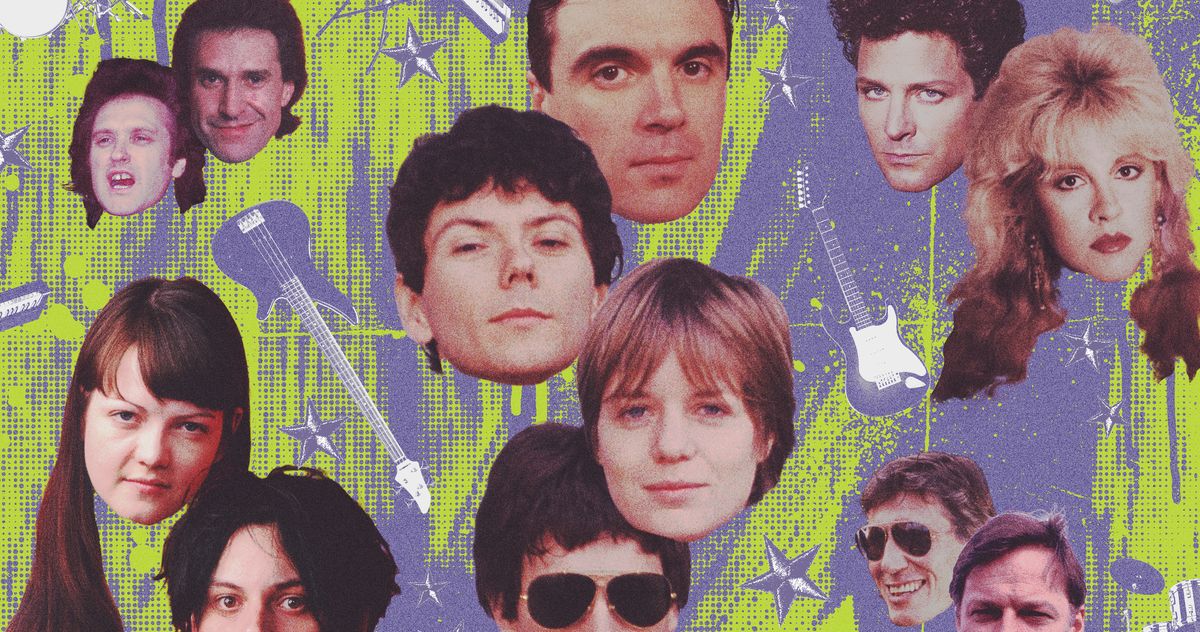
"There's not a year that goes by when the White Stripes aren't approached with a blank-check offer to reunite. The evergreen nature of the ask has become an amusing tradition of sorts for their manager, Matt Pollack, who gets to deliver the same rejection each time. "It's not about money," he tells me. "Their breakup wasn't rooted in acrimony. It was their time to make a decision and not to be a band any longer. That stands because Jack and Meg White are people of belief.""
"Still, concert promoters are nothing but persistent - there's always someone knocking at the door, with a smile, and hoping circumstances may change to entice a dormant band to cash in for a new tour to the tune of tens, or potentially hundreds, of millions. Nearly 20 years ago, each member of the Police commanded $1 million per night for their go-around, which is already a startling sum until you realize they played 150 shows."
"Music promoters, both craving the one-upmanship and genuine satisfaction of getting a lucrative band back on a stage, have more money at their disposal than ever before to make their pipe dreams a reality. "They're in the business of surprise," Pollack says of the attitude. "If they can own a moment and be the impetus for creating the situation where something gets back together, that's a major feather in any promoters' cap.""
The White Stripes routinely receive blank-check reunion offers, yet their manager repeatedly declines, saying the decision is not about money and the breakup was not acrimonious. Concert promoters persistently pursue dormant bands, hoping circumstances might change to persuade reunions that could generate tens or hundreds of millions. Promoters now have unprecedented funds and crave the prestige of engineering surprise reunions. Recent reversals include bands like Rush and No Doubt announcing returns. Historical examples show massive payouts—nearly 20 years ago each member of the Police commanded $1 million per night across 150 shows—suggesting modern totals could be even higher.
Read at Vulture
Unable to calculate read time
Collection
[
|
...
]